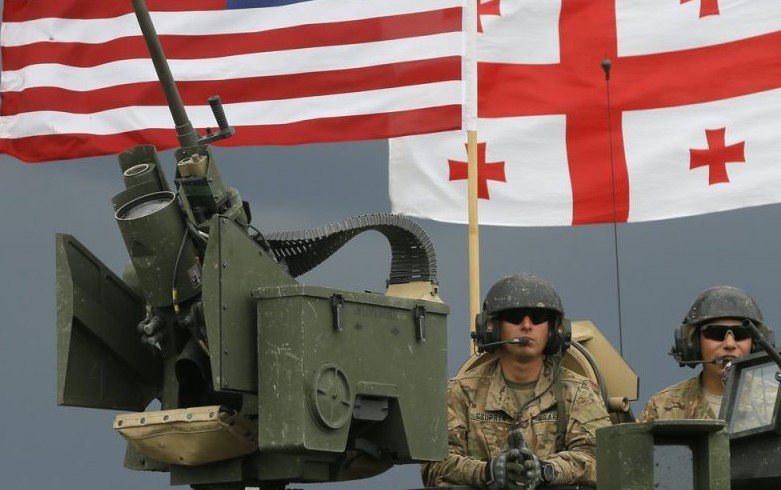The recent decision by the Pentagon to indefinitely postpone the US-Georgia military exercises, known as Noble Partner, has raised significant concerns. Georgian President Salome Zurabishvili has expressed that this postponement will negatively impact Georgia’s defense capabilities and its strategic relationship with the United States. The exercises, which were scheduled to take place from July 25 to August 6, were seen as crucial for enhancing Georgia’s military readiness and its integration with Western defense structures.
Impact on Georgia’s Defense Capabilities
The postponement of the Noble Partner exercises is a major setback for Georgia’s defense strategy. These exercises are vital for training and preparing Georgian forces to operate alongside US and NATO troops. The cancellation means that Georgian soldiers will miss out on critical training opportunities that are essential for maintaining high operational standards. This could potentially weaken Georgia’s defense posture at a time when regional security dynamics are increasingly volatile.
Moreover, the exercises serve as a platform for Georgia to showcase its commitment to international security cooperation. The absence of these drills may lead to a perception of reduced military engagement, which could embolden adversaries. The training provided during Noble Partner is not easily replicable through other means, making the postponement a significant loss for Georgia’s military preparedness.

The decision also affects the morale of Georgian troops. Participating in joint exercises with US forces is a source of pride and motivation for Georgian soldiers. The indefinite postponement could dampen their spirits and affect their overall readiness. Maintaining high morale is crucial for any military force, and the lack of such high-profile exercises could have long-term implications.
Diplomatic and Strategic Repercussions
The postponement of the military exercises has broader diplomatic implications. It signals a potential cooling of relations between Georgia and the United States, which could have far-reaching consequences. The US-Georgia partnership has been a cornerstone of Georgia’s foreign policy, and any perceived weakening of this relationship could impact Georgia’s strategic positioning in the region.
The decision comes at a time when Georgia is seeking to strengthen its ties with Western allies. The postponement could be interpreted as a lack of support from the US, which may affect Georgia’s aspirations to join NATO and integrate more closely with the European Union. This could also influence the domestic political landscape, as opposition parties may use the postponement to criticize the government’s foreign policy.
Furthermore, the postponement may embolden Russia, which has historically opposed Georgia’s Western integration efforts. The absence of US military presence in the form of joint exercises could be seen as an opportunity for Russia to exert more influence in the region. This could lead to increased pressure on Georgia and potentially destabilize the already fragile security situation in the South Caucasus.
Future Prospects and Strategic Adjustments
Despite the setback, Georgia must look ahead and adjust its strategic plans. The government needs to explore alternative ways to maintain and enhance its military capabilities. This could involve seeking increased bilateral training opportunities with other NATO member states or investing in domestic training programs to compensate for the loss of joint exercises with the US.
Additionally, Georgia should continue to engage diplomatically with the United States to ensure that the postponement does not lead to a long-term deterioration of relations. Clear communication and reassurance of mutual commitment to security cooperation are essential. Georgia can also leverage its partnerships with other Western allies to mitigate the impact of the postponement.
In the long term, Georgia must focus on building a resilient defense strategy that is less dependent on external factors. This includes investing in advanced military technologies, enhancing cyber defense capabilities, and fostering a culture of innovation within the armed forces. By doing so, Georgia can strengthen its defense posture and reduce the impact of any future disruptions in international military cooperation.
